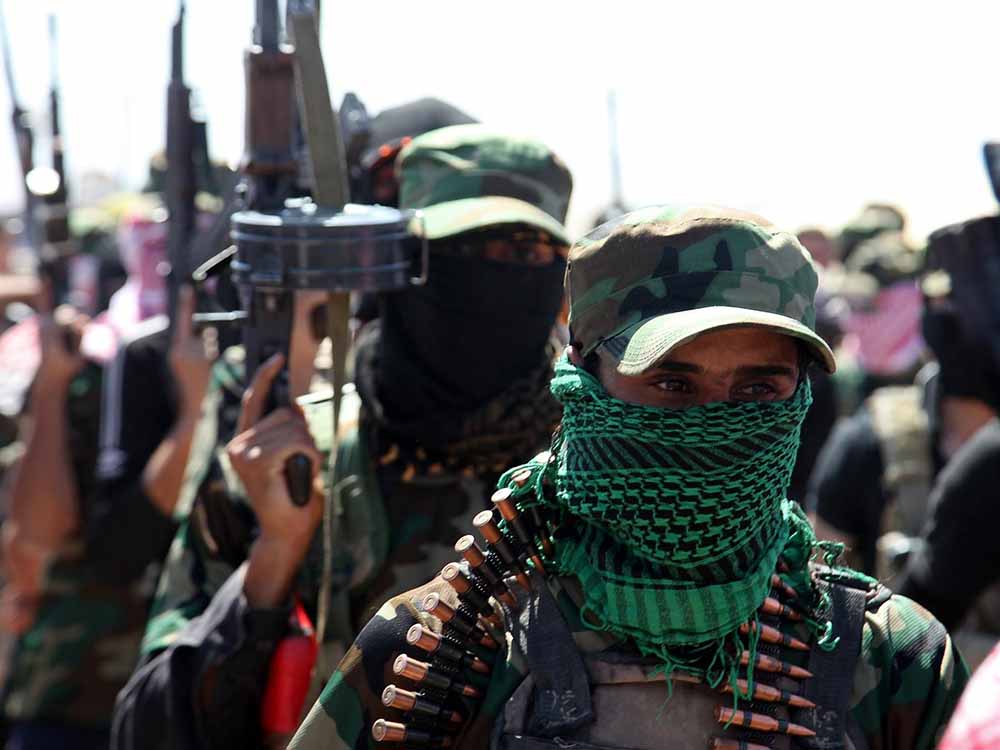ISIS in 2014: Emergence and Global Impact
In 2014, the Islamic State of Iraq and Syria (ISIS), also known as the Islamic State of Iraq and the Levant (ISIL), emerged as a significant and highly publicized extremist group with global implications. This article provides an overview of ISIS’s rise to prominence, its territorial expansion, acts of violence, recruitment efforts, and international response during that critical year.
The Emergence of ISIS
ISIS had its roots in Al-Qaeda in Iraq (AQI) but evolved into a more brutal and radical entity under the leadership of Abu Bakr al-Baghdadi. In 2014, the group proclaimed the establishment of a self-declared caliphate, with al-Baghdadi as its leader, aiming to impose its extreme interpretation of Islamic law in the territory it controlled.
Territorial Expansion and Acts of Violence
One of the defining features of ISIS in 2014 was its rapid territorial expansion. The group captured significant portions of Iraq and Syria, including key cities like Mosul and Raqqa. ISIS conducted brutal campaigns, which included mass killings, public executions, and the persecution of religious and ethnic minorities, such as Yazidis and Christians.
Recruitment and Propaganda Efforts
ISIS effectively used social media and online propaganda to recruit individuals, including foreign fighters from various countries. Its slickly produced videos and messages appealed to disaffected individuals, drawing them into its ranks. The group’s online presence made it a global threat, inspiring attacks and recruitment efforts worldwide.
International Response and Coalition Formation
The rise of ISIS in 2014 prompted international alarm and led to the formation of coalitions aimed at countering the group. The United States, along with its allies, initiated airstrikes against ISIS targets in Iraq and Syria. Several countries provided military support to local forces fighting against the group.
In conclusion, 2014 marked a critical year in the rise of ISIS as a global threat. The group’s territorial expansion, brutal acts of violence, effective recruitment and propaganda efforts, and the international response all contributed to its prominence during that period. However, efforts to counter ISIS were also underway, setting the stage for subsequent developments in the fight against extremism.











